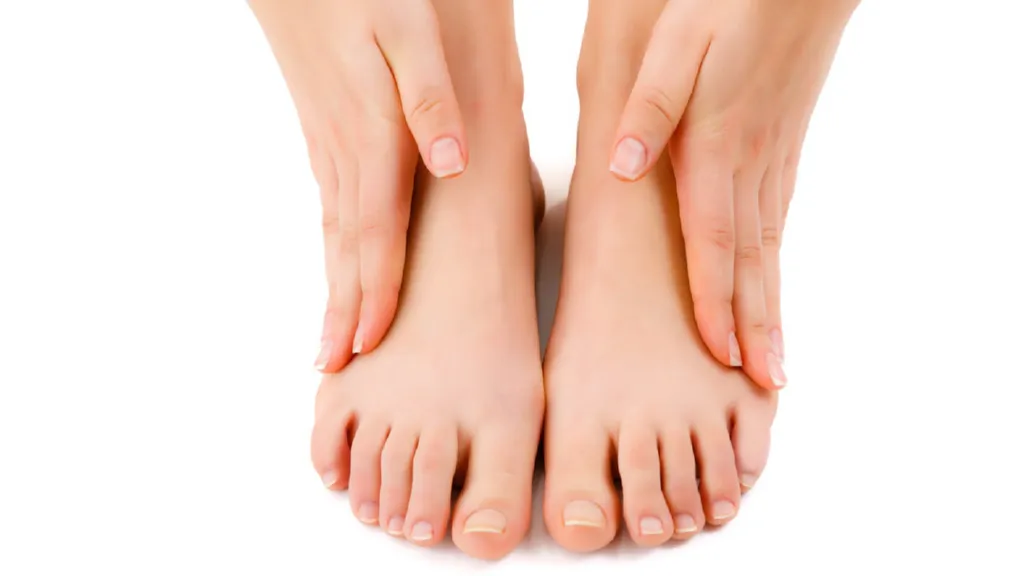85% of the amputations presented worldwide are related to diabetes.
In Mexico, according to the World Health Organization (WHO), approximately 12 million people live with diabetes.
The Kingdom explained that, of people who amputate and suffer diabetes, seven out of 10 die after five years of amputation, and if the patient also suffers from chronic renal disease and is subjected to dialysis, his life expectancy is twoyears after the loss of its limb.
Dr. Irma Luisa Ceja Martínez, medical manager of Endocrinology and Nutrition of Grupo Pisa, said that poorly controlled diabetes damages nerves, veins and body arteries.
"This affectation, known as neuropathy, causes the skin to be lost and sensitivity is lost, which does not allow the pain of a wound that, coupled with the decrease in circulation, predisposes a slow scarring," said the specialist.
When the wound does not close, he said, it is very easy to become infected and become ulcer, which when growing can become deep and affect tendons and bones causing osteomyelitis.
"Osteomyelitis is even more complicated to treat and increases the risk of gangrene and amputation," said the expert.
According to the National Health and Nutrition Survey 2016, only two out of 10 Mexican adults with diabetes a feet review was carried out in the last year;while one in 10 diagnosed presented ulcers as a complication of diabetes.
In addition, four out of 10 diabetics reported pain or loss of sensitivity on the soles of the feet and two out of 10 cannot walk more than six minutes without feeling fatigue.
Related Note: Take care levels of glucose and weight Avoid erectile dysfunction in diabetics
Because of this, the pharmacist Pisa Biotechnology launched a biotechnological medication that helps reduce the risks of this condition.
"The medicine has as an active substance the recombinant human epidermal growth factor that stimulates and accelerates granulation and progressive healing," said Ceja Martínez.
The specialist explained that this medicine, combined with conventional therapy, has been tested in more than 350,000 patients in a total of 25 countries in the world and has shown that the wound healing time shortens.
"This decreases the recovery period and increases the quality of life of people suffering from complications in their feet because of diabetes," he said.
He explained that an ulcer that took six months to close, when this medicine is used, the period is reduced to four or less months.
Dr. Kingdom said that among the main causes to suffer from diabetic foot are poor circulation, thinning of the skin and neuropathy or nerve damage.
He pointed out that it is essential to perform good feet care to prevent complications.
Among the prevention recommendations are to maintain good blood sugar control, take care of food, visit the doctor regularly and perform periodically clinical exams that help evaluate renal function.
"You also have to check your feet, clean them with neutral soap and water, dry them well after bathing, apply cream or oil daily, in addition to going to a podiatrist and choosing suitable shoes," said the expert.


